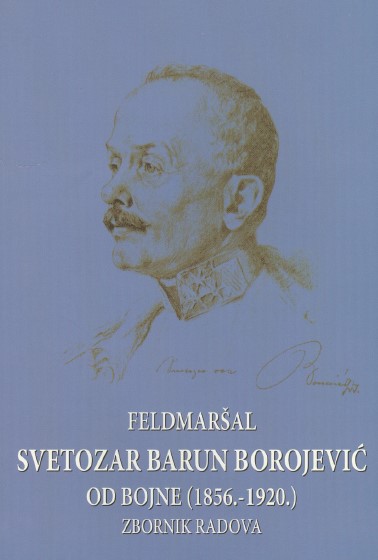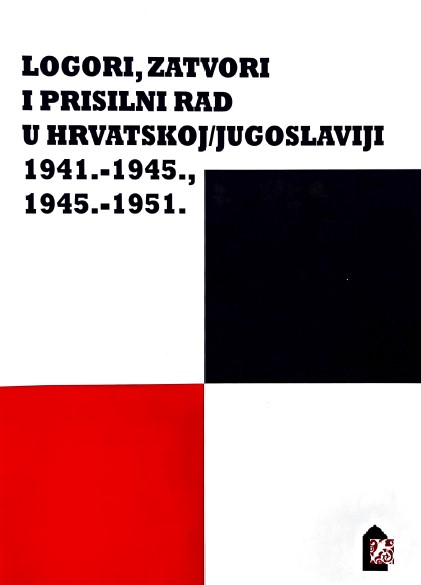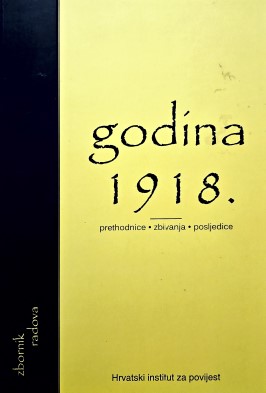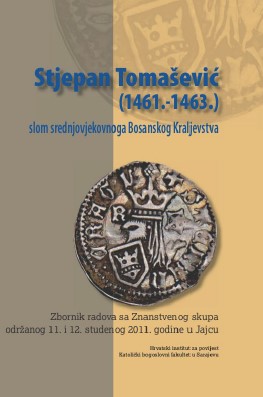
AUSTRO-UGARSKA RATNA DIPLOMACIJA I TALIJANSKO RATIŠTE
Field Marshal Svetozar Borojević was one of the commanders of the Isonzo front, which was crucial to the survival of the Austro-Hungarian Empire, albeit primarily for political rather than military reasons. At the beginning of the war, Austro-Hungarian territory inhabited by Slavs was subject to diplomatic disputes that assumed the character of a virtual bidding war, in which the members of the Triple Entente generously pledged the territory of their opponents to Italy which, after its initial neutrality, was thus enticed to join the war after the Treaty of London was signed. Given Italy’s military strength, this aroused moral condemnation rather than actual concern by the Austro-Hungarian political and military elite, and the Austro-Hungarian/Italian front on the Isonzo, or Soča, River served as an example of how the motivation of an army under arduous combat conditions, led by an exemplary commander and strategist, is a very vital factor in mounting a successful defence against a numerically superior enemy. It is paradoxical that it was precisely the success of the Austro-Hungarian Army on this front, which culminated in the Battle of Caporetto, one of the rare brilliant victories of the entire First World War, when Italian soldiers began to massively flee and desert to an extent unseen previously, also indirectly prevented the sole serious and promising Austro-Hungarian diplomatic attempt to withdraw from the war and save the majority of its own territory, which was initiated by the Emperor Charles himself. Secret negotiations between France and Great Britain broke down due to this largely Slavic region to which Italy aspired and which had been promised to it by the Treaty of London in 1915. The emperor could certainly not relinquish to Italy a territory that it was unable to conquer on its own despite the numerical superiority of its army, all the more so since the Italian military command secretly, without the knowledge of its own government or allies, initiated a peace offer to the Austro-Hungarian side. Svetozar Borojević also distinguished himself as a sound strategist at that trying moment when the Isonzo troops had to retreat not just because of the considerable military aid in men and arms that Italy received from its allies but also due to the complete internal disarray of the Austro-Hungarian Empire. Even under these circumstances, when Borojević, loyal to the Monarchy to the end, had to withdraw his army, the Italians progressed very indecisively and slowly, even though they practically had no enemy army to confront. This is why the subsequent Italian annexation of these Slavic territories became a heavy political burden for the new Yugoslav state as well.
More...




